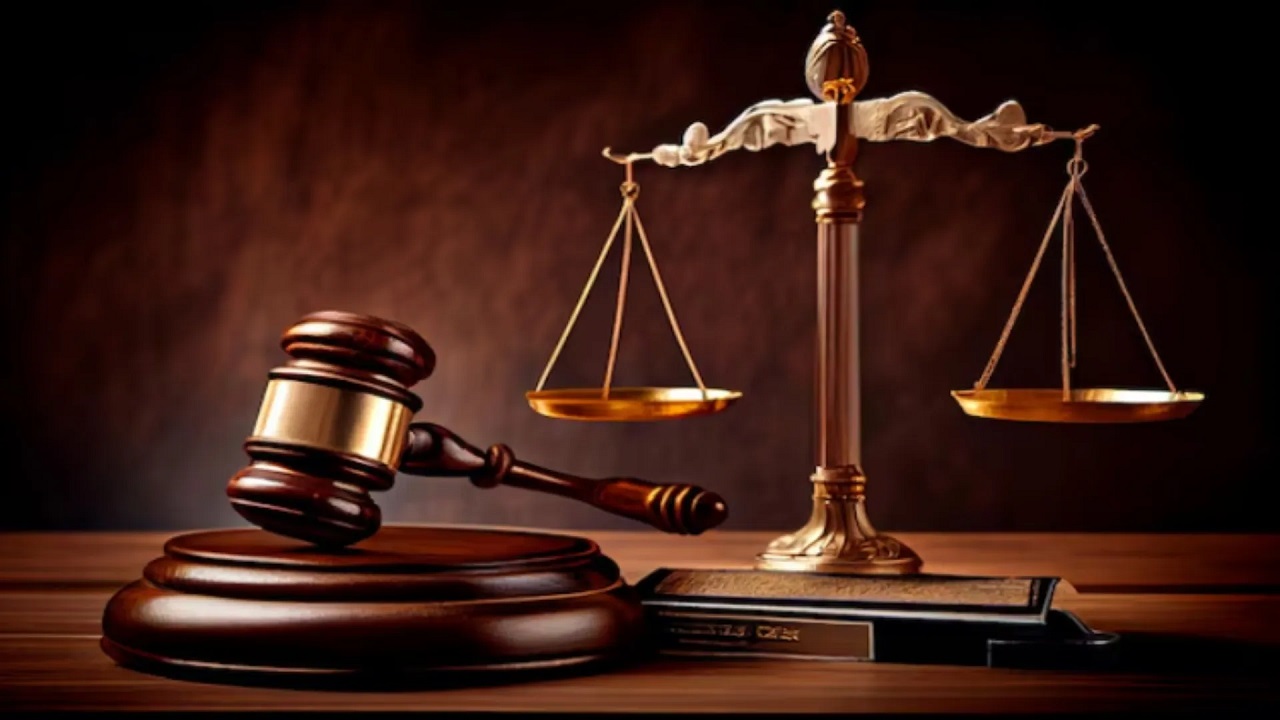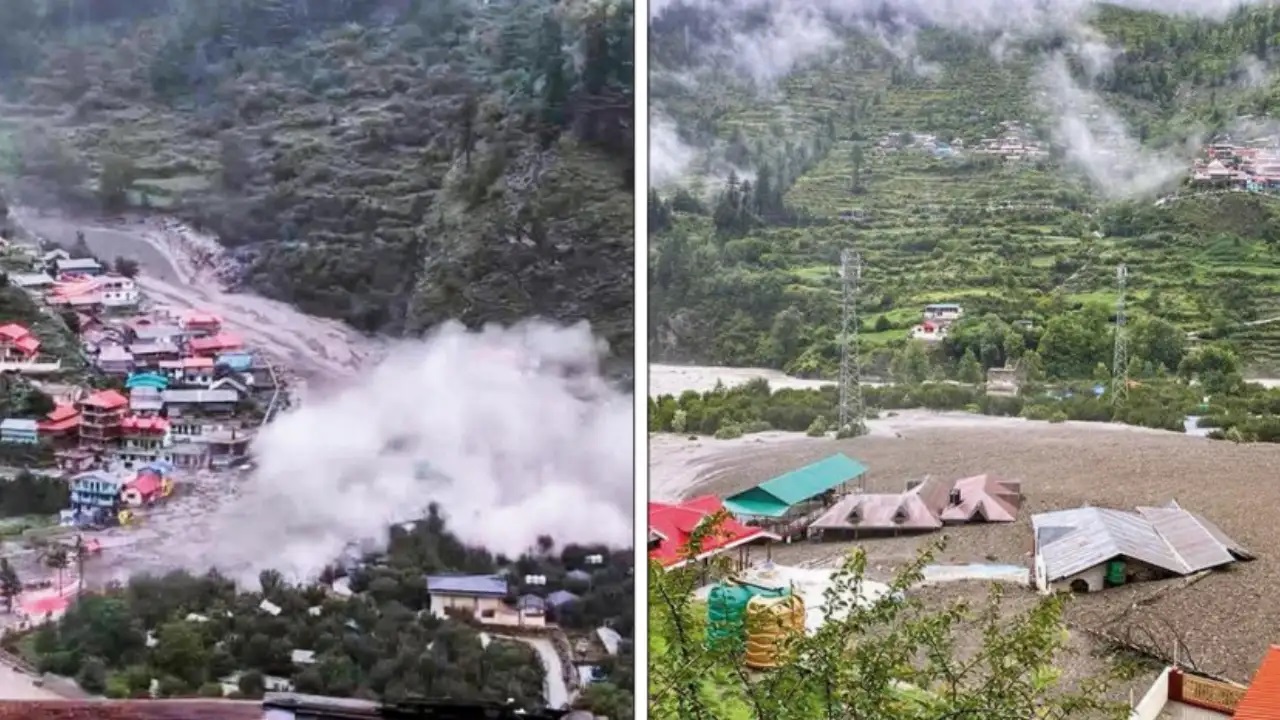Lokpal vs. Judiciary: Supreme Court Calls Order ‘Very Disturbing’
Context : Corruption has been a persistent challenge in India, affecting governance and public trust. To address this, the Lokpal and Lokayuktas Act, 2013, was enacted to establish an independent anti-corruption mechanism at the central and state levels. The law created the Lokpal at the central level and mandated the formation of Lokayuktas in states to investigate complaints against public officials.
Recently, the Lokpal issued an order declaring High Court judges as 'public servants' under its jurisdiction. This decision was challenged in the Supreme Court, which stayed the Lokpal order, calling it "very disturbing" and raising concerns about judicial independence. The case has now become a significant legal debate regarding the jurisdiction of the Lokpal over the judiciary.
About the Lokpal and Lokayuktas Act, 2013
The Lokpal and Lokayuktas Act, 2013, was enacted to combat corruption at high levels of government by setting up independent investigative bodies.
Key Features of the Act
- Establishment of Lokpal:
- A multi-member body with a Chairperson and up to eight members (judicial and non-judicial).
- Jurisdiction:
- Covers Prime Minister (with certain exceptions), Ministers, MPs, and Group A & B officers.
- State-Level Lokayuktas:
- Each state is required to establish a Lokayukta to handle corruption cases against state officials.
- Investigative Powers:
- Lokpal can order inquiries, recommend prosecution, and direct disciplinary action against corrupt officials.
- Whistleblower Protection:
- Provides safeguards for whistleblowers to report corruption without fear of retaliation.
Significance of the Act
- Strengthens Anti-Corruption Framework:
- Establishes an independent watchdog to investigate high-level corruption cases.
- Ensures Public Accountability:
- Brings top government officials, including the Prime Minister and MPs, under scrutiny.
- Empowers Investigations:
- Lokpal has the power to conduct independent inquiries and recommend prosecution without government approval.
- Improves State-Level Vigilance:
- Requires every state to set up a Lokayukta, enhancing state-level anti-corruption measures.
Challenges and Criticisms
- Delay in Lokayukta Implementation:
- Several states have not yet appointed Lokayuktas, weakening the state-level anti-corruption system.
- Limited Investigative Autonomy:
- The CBI, which assists in investigations, remains under government control, raising concerns about independence.
- Lack of Public Awareness:
- Many citizens are unaware of Lokpal’s role and how to file complaints, reducing its effectiveness.
- Political Influence in Appointments:
- Critics argue that Lokpal appointments are influenced by the ruling government, affecting impartiality.
Supreme Court Stays Lokpal’s Order on High Court Judges
Background of the Case
- On January 27, 2025, the Lokpal declared that High Court judges are ‘public servants’ under the Lokpal Act, 2013, and are subject to investigation.
- The Supreme Court took suo motu cognizance of the case and stayed the order, calling it “very disturbing”.
- A Special Bench of Justices B.R. Gavai, Surya Kant, and A.S. Oka reviewed the case.
- Senior advocates Kapil Sibal and B.H. Marlapalle argued against the Lokpal’s interpretation.
- Solicitor General Tushar Mehta, representing the government, also opposed the Lokpal’s jurisdiction over judges.
- The Supreme Court scheduled the next hearing for March 18, 2025, and decided to keep the identity of the concerned judge confidential.
Implications of the Supreme Court’s Stay
- Maintains Judicial Independence:
- Reinforces that judges cannot be treated as public servants under the Lokpal Act.
- Clarifies Jurisdiction:
- Highlights the difference between High Court and Supreme Court judges, as Lokpal had previously ruled that it does not have jurisdiction over Supreme Court judges.
- Sets Legal Precedent:
- The case could establish an important precedent for future debates on judicial accountability under anti-corruption laws.
Conclusion
The Supreme Court’s intervention in staying the Lokpal order highlights the need to maintain a clear distinction between judicial accountability and anti-corruption investigations. While the Lokpal and Lokayuktas Act, 2013, is a crucial step in ensuring transparency, its interpretation and implementation must align with constitutional principles. The case is likely to have far-reaching implications on the independence of the judiciary and the scope of the Lokpal’s jurisdiction in the future.

.jpg)


Comments (0)